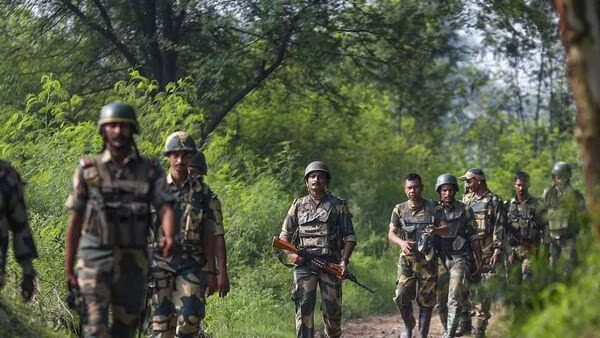Khushi Bhuta, Pune
The imposition of the Armed Forces (Special Powers) Act (AFSPA) has been declared as prolonged by the Manipur government, on Wednesday, for a further six-month period. The declaration is to be applicable throughout the whole state, with the exception of 19 police stations in seven districts located within the Imphal Valley.
The Act’s “disturbed area” status will continue to apply to all of the hill districts. These districts are primarily made up of tribal groups. However, beginning 2022, AFSPA has been gradually removed from the Meitei-dominated valley districts as a result of a “significant improvement” being reported in the security scenario there. Over 80% of the approximately 175 killings (since the 3rd of May) have occurred in the aforementioned Meitei-dominated regions of the valley.
The declaration upholding this “status quo” by the State government is effective as of October 1. It does so in spite of the army’s insistence that AFSPA be reinstated in the valley districts, claiming that doing so will aid operations against rebel organizations. The aforementioned insurgent groups are alleged to have reestablished a presence in the state during the current surge of ethnic violence after several years.
On April 1, AFSPA, which had been in effect in Manipur since 1980 and had covered the majority of the state, was removed from the jurisdiction of the same 19 police stations. The state thereafter suffered an unprecedented surge in ethnic violence, which started the very next month. The AFSPA grants the armed forces and the central armed police forces stationed in “disturbed areas” nearly unrestricted authority to shoot anyone breaking the law.
Under AFSPA, armed forces are provided immunity from prosecution and are permitted to detain and search without a warrant. The main cause supported by the insurgent groups is the potential separation of Manipur from India. Most of these rebel organizations are Myanmar-based and have been actively involved in a transnational conspiracy for the same. On July 19, the National Investigation Agency (NIA) opened a Suo-Motu case to look into the issue of these rebel outfits looking to wage war against the government by “exploiting the current ethnic unrest.”
